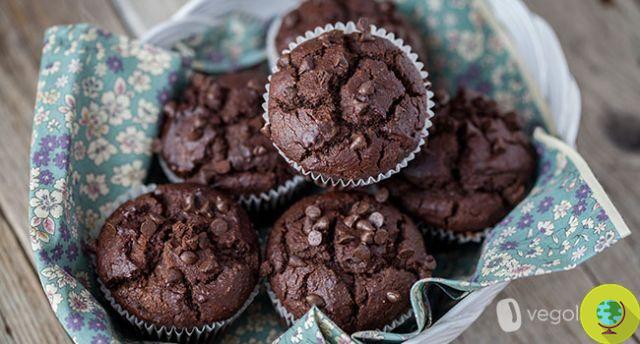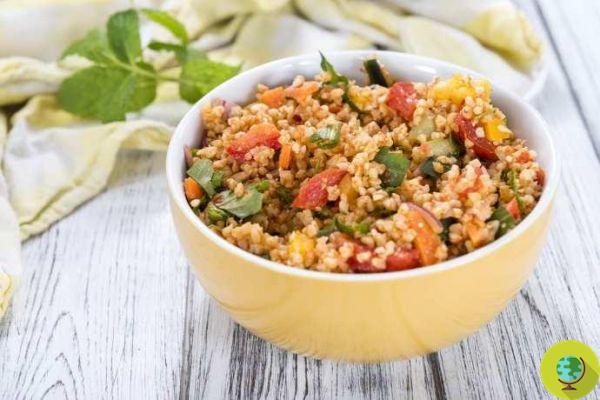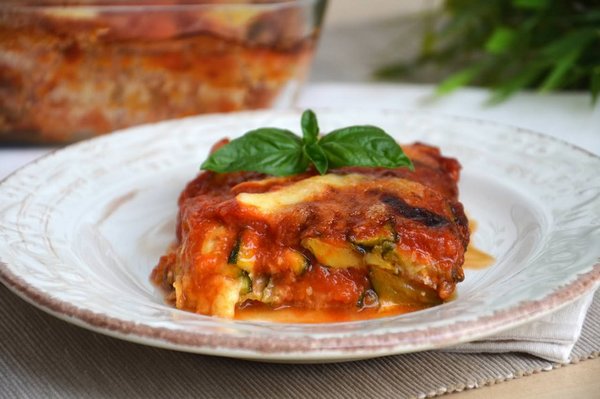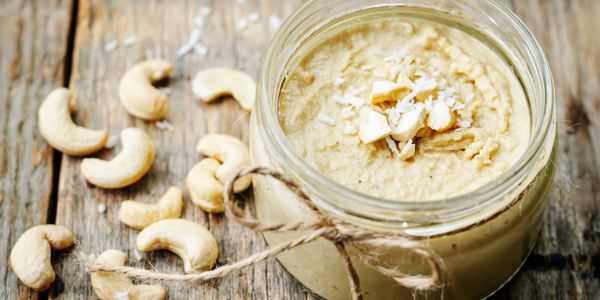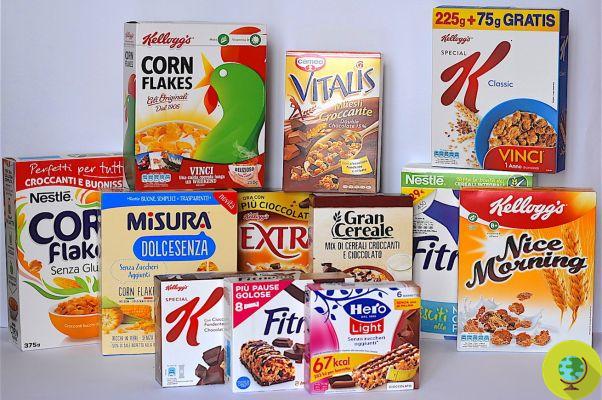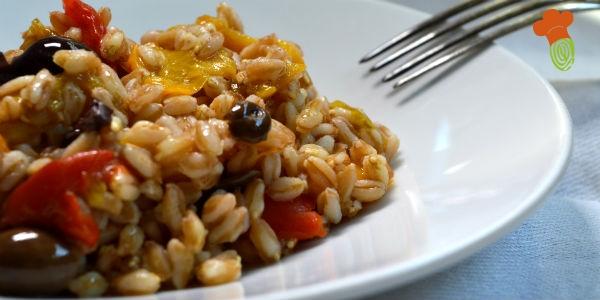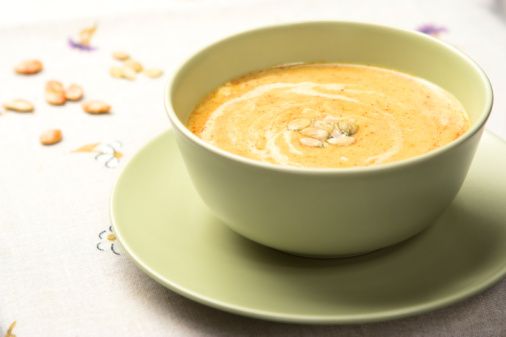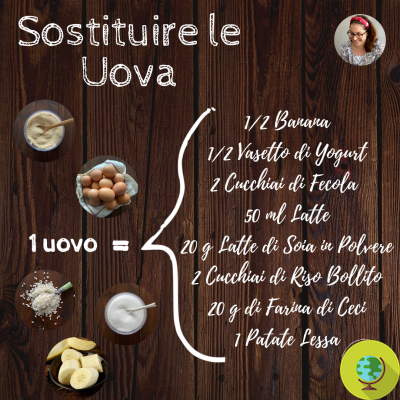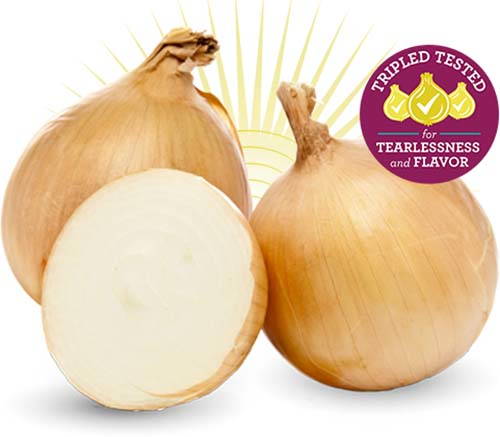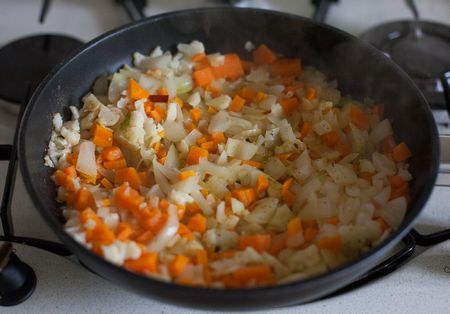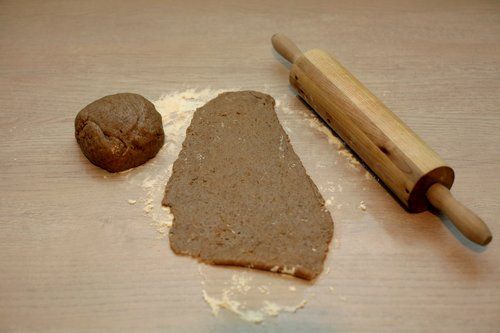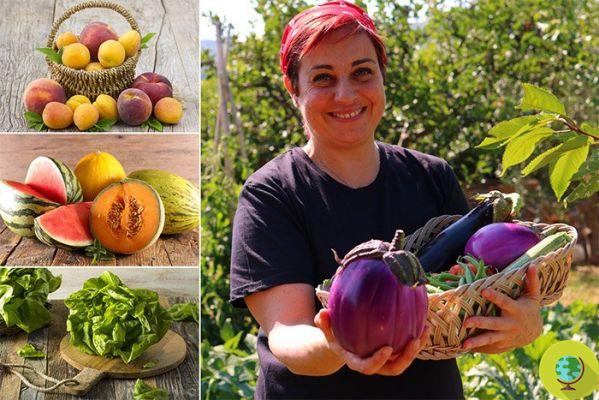
How to best preserve fruit and vegetables in the summer? The ideal solution is not always given by the refrigerator, on the contrary. Some types of fruit and vegetables prefer to ripen and be stored at room temperature or in cool but moisture-free places. Here are some tips for storing seasonal fruit and vegetables during the summer.
Don't store avocado like this: it's dangerous
How to best preserve the fruit and vegetables in summer? The ideal solution is not always given by the refrigerator, on the contrary. Some types of fruit and vegetables prefer to ripen and be preserved at room temperature or in cool but damp places.
Here are some tips for storing seasonal fruit and vegetables during the hot season.
Index
Strawberries and raspberries
Strawberries, raspberries and berries are likely to rot and mold quickly, even in the refrigerator, especially if they were bought at supermarket and are therefore not just collected. A trick to improve their conservation is to thermotherapy. Dip strawberries or berries for 30 seconds in hot water, at a temperature of 50 ° C. Then arrange the fruit on a cloth and let it dry before placing it in the refrigerator. If you have plenty of them available, freeze them or make jams. Once sliced, strawberries are best preserved if sprinkled with lemon juice.
Potatoes, garlic and onions
In summer, due to the heat, potatoes, garlic and onions are likely to germinate more quickly. To keep them in the best possible way, put them away in the basement or in the cooler space of the pantry, inside paper bags or wooden crates. Protect them as much as possible from light and heat. And if they germinate, planted in the garden or in potsby simply burying them, the garlic cloves, the potatoes divided into small pieces according to the position of the sprouts and the base or the central sprouted part of the onions.
Read also: How to properly store potatoes, garlic and onions
Watermelon
Watermelon (or watermelon) can be stored, when it is whole, in a cool place in the house, such as the cellar, or in the least cold part of the refrigerator, if the size of the fruit allows it. How to best preserve slices of watermelon? When the watermelon has already been opened, to prevent it from rotting, you can use a simple trick which consists in removing the peel and slicing it into cubes. The cubes will be placed on one colander, to be placed inside the bowl and to be placed in the refrigerator. Thanks to the colander, the air will be able to circulate (unlike what happens using cling film) and the watermelon will spoil less quickly.
Read also: How to choose ripe watermelons and melons
Tomatoes
Tomatoes keep best at room temperature rather than in the refrigerator. Too low temperatures and humidity in the refrigerator can cause them to rot more quickly. So keep them in the driest and most sheltered place of the house, inside a container that allows air to pass through, for example a basket, avoiding plastic bowls. With the ripest tomatoes, prepare sauces and gravies to preserve.
Salads
If you have the possibility to collect lettuce or any type of salad from the garden, take only the part necessary for daily consumption. Wash the leaves in a bowl containing cold water, but do not leave them to soak. Drain them (keeping the water to water the garden) and dry them with a cloth and with the help of a salad spinner. Store in the refrigerator only dry leaves. Centrifuges usually have a perforated container placed inside a bowl. Use everything to best preserve the salad in the refrigerator.
banana
To prevent bananas from ripening too quickly, do not place them in the same basket you store them in apples, which, by releasing ethylene gas, accelerate its maturation. Bananas can be stored in refrigerator. If they are already ripe and you do not plan to consume them immediately, cut them into slices and freeze them. They will be great for making smoothies and ice cream.
Zucchini and eggplant
Wash the courgettes and aubergines only when using them, if you intend to keep them in the refrigerator. Otherwise they can be stored in the cellar or in paper bags. An alternative method of preserving zucchini is theirs drying in the sun, after having cut them into thin slices. Both courgettes and aubergines can be preserved in oil and vinegar.
Cherries
The best way to slow down the ripening of cherries is to keep them in the fridge. It is preferable to use a simple glass container or a regular plate, rather than a plastic bowl. A further advice is to wash them only shortly before consuming them, so that contact with water does not cause the formation of rot.
Peaches and apricots
If you have peaches or apricots that are not yet ripe, do not store them in the refrigerator. Their ripening would not take place correctly and you would end up with not very sweet and tasty fruits. Keep peaches and apricots at room temperature until ripe, then you can store them in the refrigerator, but they must be eaten within a few days.
Melon
If you have a ripe melon, but you are not going to consume it right away, you can put it away in the fridge, where it can be kept for about one week. To enjoy it at its best, before slicing it, let it rest at room temperature for half an hour. If the melon has already been opened, its slices will keep for two days in the refrigerator after being placed in a food container, preferably glass.
Marta Albè
READ also:
5 ways to better store fruit and vegetables
How to best use and store ripe fruit and vegetables
How to build a do-it-yourself underground cellar to store fruit and vegetables ...





